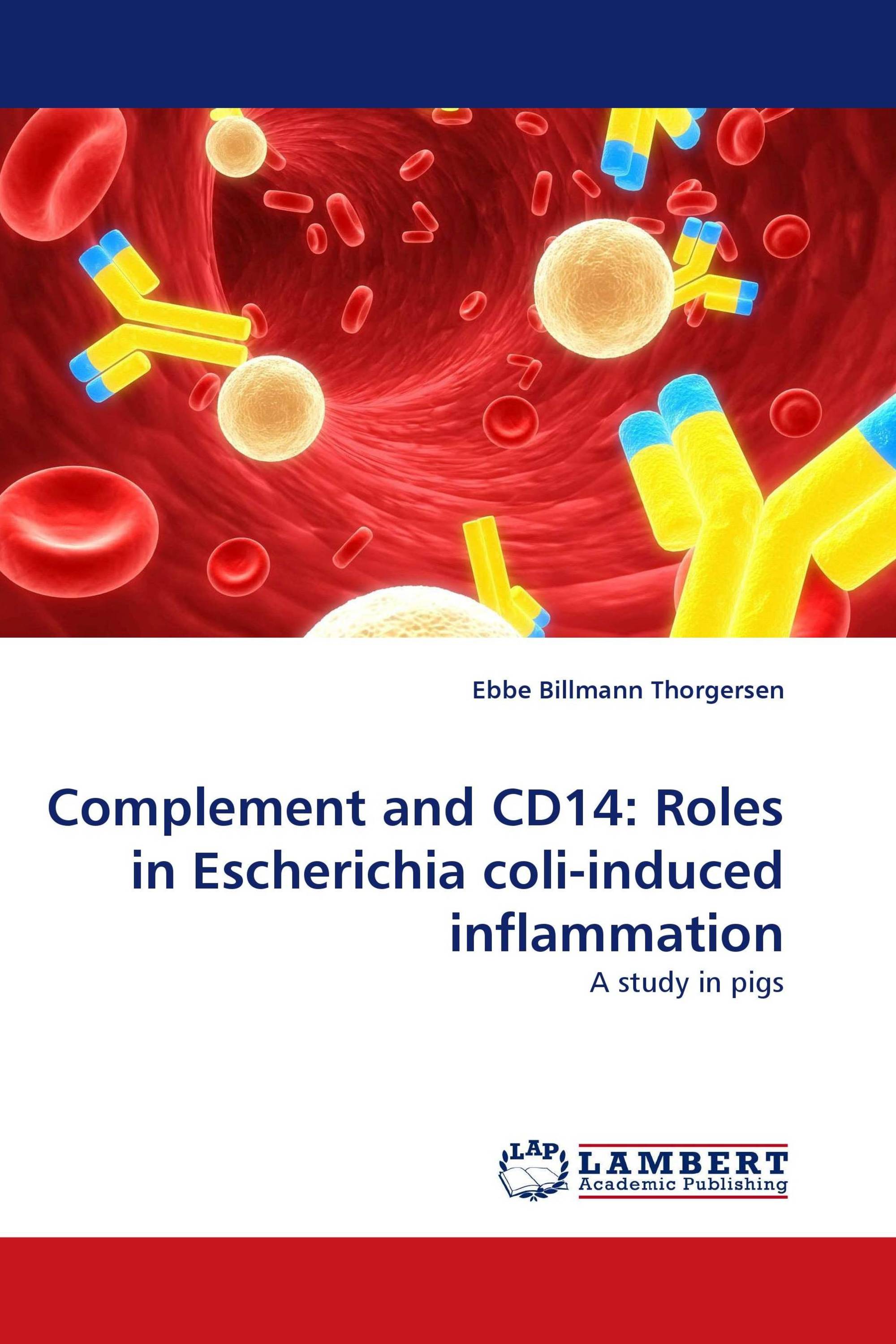Complement and CD14: Roles in Escherichia coli-induced inflammation
A study in pigs
LAP Lambert Academic Publishing ( 15.06.2010 )
€ 59,00
Sepsis is a systemic inflammatory response syndrome caused by infection. A range of biomarkers have been shown to correlate with disease activity and death in sepsis. However, targeting single downstream mediators in clinical sepsis trials, like the central proinflammatory cytokine TNF-α, have been disappointing. A better approach may be inhibition of upstream inducers instead of downstream mediators of inflammation. The aims of this study were to find effective inhibitors of complement and CD14/TLR4/MD2, two key upstream innate immunity inducers of inflammation The studies were conducted in vitro and in vivo in a pig model. The pig is a well suited animal for studying human diseases. The anatomy and physiology is quite similar to humans, and pigs are LPS sensitive in contrast to rodents. Upstream inhibition of both complement and CD14/TLR4/MD2 were found to be effective in reduction of E. coli-induced inflammation. Induction of central proinflammatory cytokines, activation of hemostasis, and activation of granulocytes, by E. coli, were reduced. The findings suggest that inhibition of complement and CD14/TLR4/MD2 should be regarded as an early treatment approach in sepsis.
Детали книги: |
|
|
ISBN-13: |
978-3-8383-7380-5 |
|
ISBN-10: |
3838373804 |
|
EAN: |
9783838373805 |
|
Язык книги: |
English |
|
By (author) : |
Ebbe Billmann Thorgersen |
|
Количество страниц: |
124 |
|
Опубликовано: |
15.06.2010 |
|
Категория: |
Медицина |




